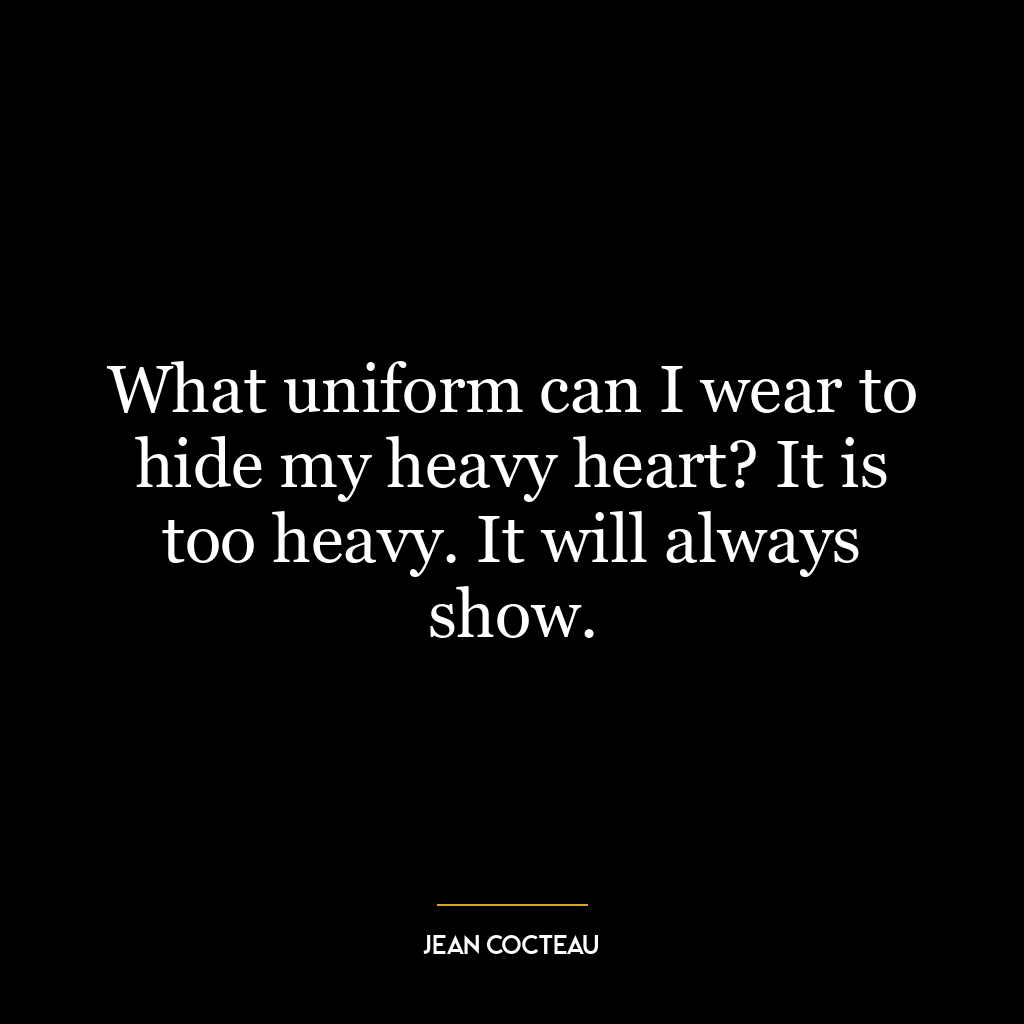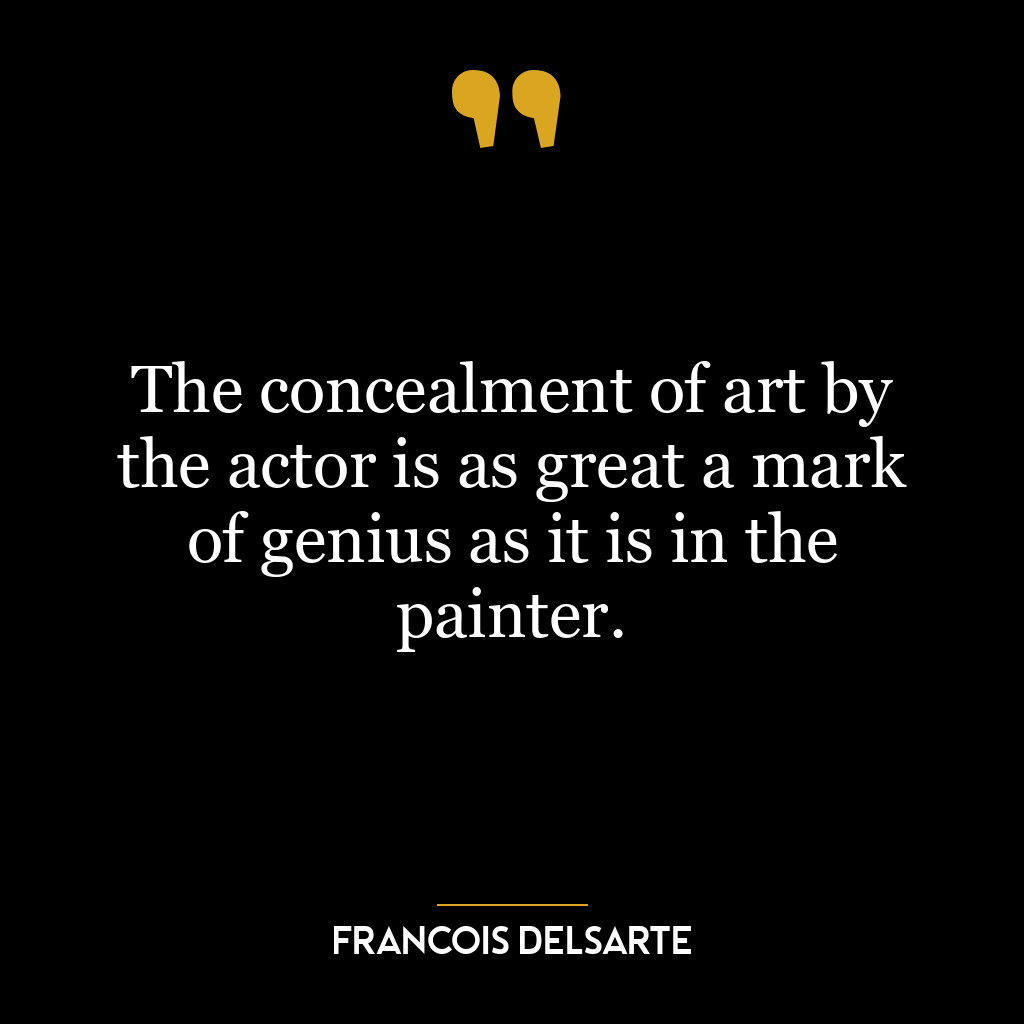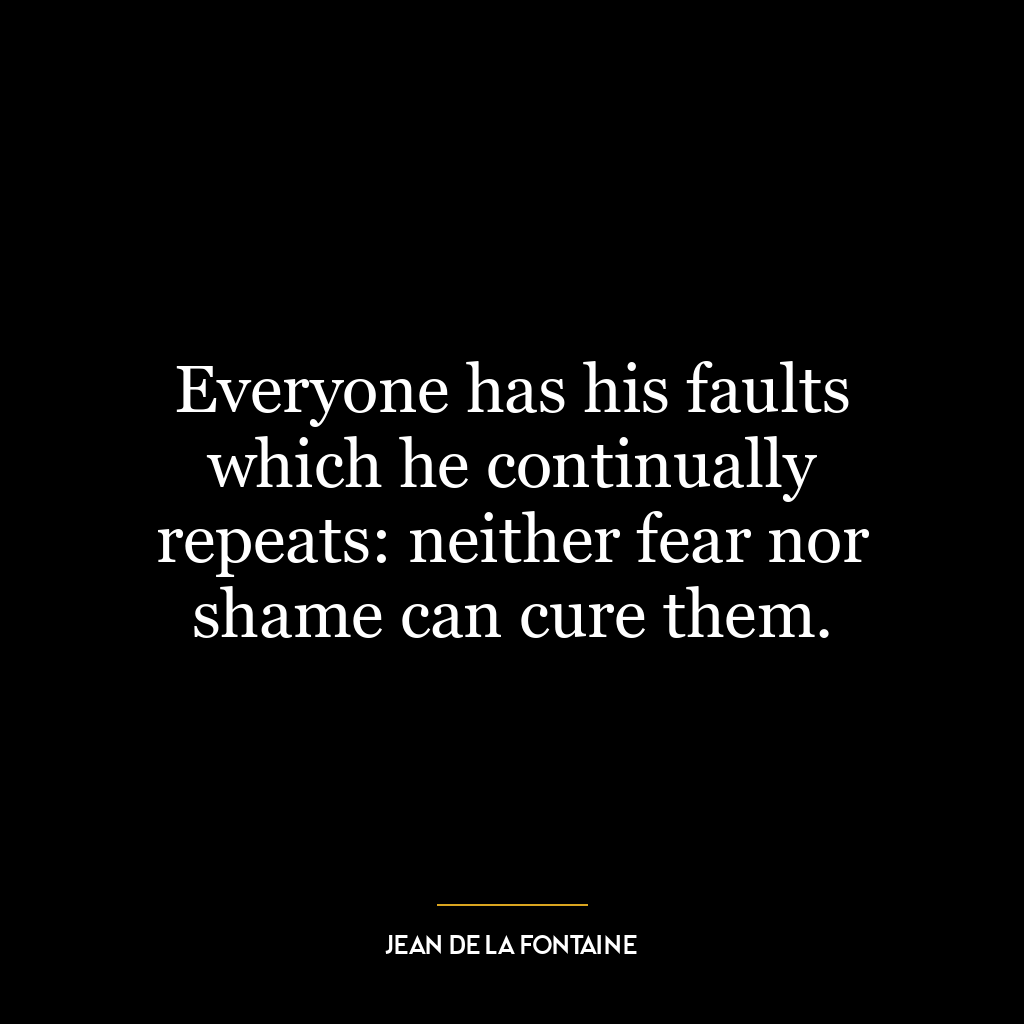This quote suggests that the efforts we make to hide our flaws or mistakes are often more detrimental than the faults themselves. The act of concealing our faults can lead to dishonesty, deception, or even harm to others, all of which are generally considered more serious than the original fault. Essentially, it implies that the cover-up is often worse than the crime.
In terms of personal development, this quote can be interpreted as an encouragement to embrace our faults and learn from our mistakes, rather than trying to hide them. It’s about authenticity and personal growth. When we acknowledge our faults, we can work on improving them. However, if we’re constantly in denial or trying to cover them up, we’re not only being dishonest with others, but also with ourselves, which hinders our personal growth.
In today’s world, this idea is highly relevant. For example, in the realm of politics or business, when a mistake is made, the cover-up attempts often lead to bigger scandals and more public outrage than the original mistake. This can also apply to social media, where people often present an idealized version of their lives, hiding their flaws and struggles, which can lead to feelings of inadequacy and isolation.
In conclusion, the quote highlights the importance of honesty and transparency, both with ourselves and with others. It reminds us that everyone has faults and that it’s okay to make mistakes, as long as we learn from them and strive to do better.










